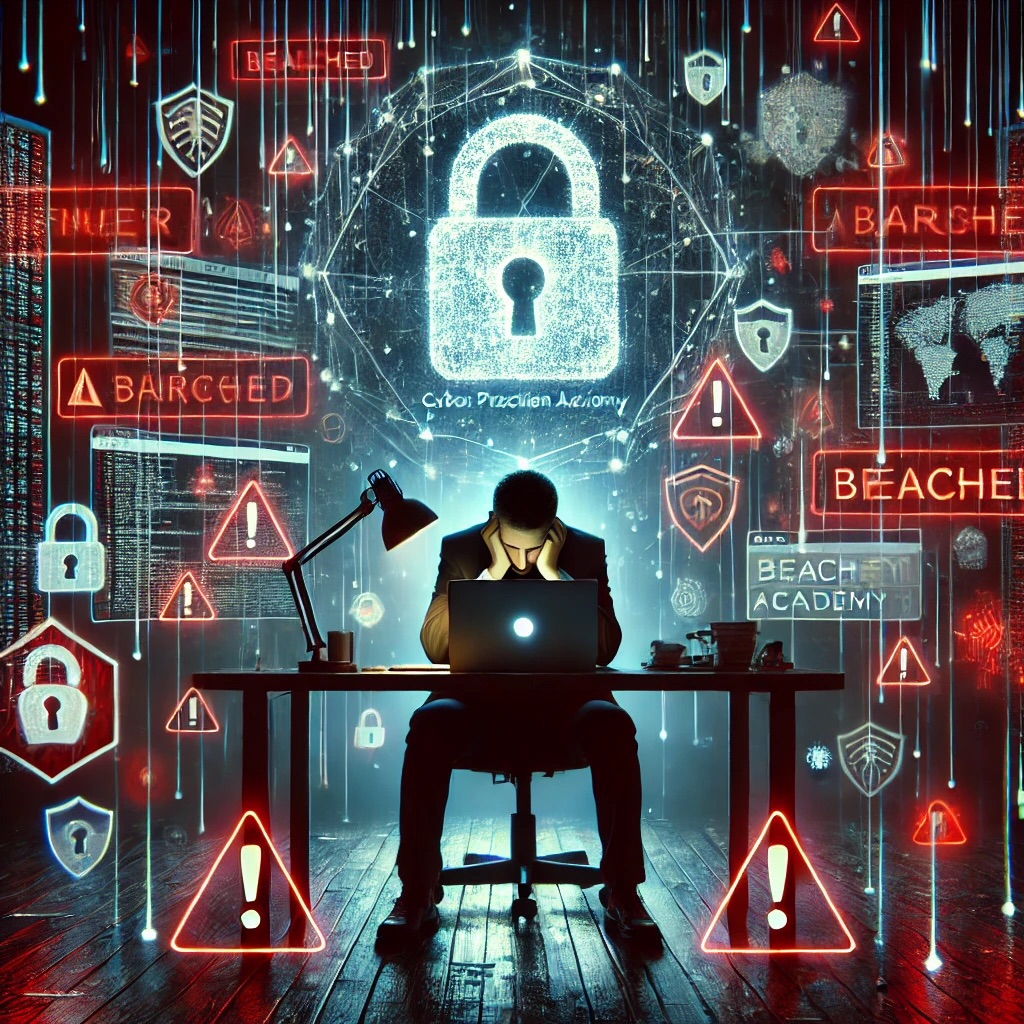We spend so much time talking about firewalls, CVEs, and nation-state threat actors — but let’s talk about a different kind of threat that’s ripping through the cybersecurity industry: burnout.
Yup, the silent killer.
You won’t see it in logs.
There’s no patch for it.
And once it hits hard, it can ruin a career.
The Real Threat Behind the Keyboard
Being a security analyst, engineer, or red teamer in 2025 is like playing mental chess 24/7… with your opponent cheating and you never getting to sleep. Constant alert fatigue. Slack blowing up with “URGENT: possible breach.” 3 AM triage calls. Weekend patching. Add imposter syndrome, certification pressure, and gatekeeping — you’ve got a perfect storm.
And still, there’s this unspoken culture of pushing through. Of “grind now, rest later.”
But later never comes when you’re in cyber.
Why It Matters
Here’s the scary part: burnout isn’t just bad for you — it’s a vulnerability in your org.
Tired security teams make mistakes. They miss phishing payloads. They forget to rotate keys. They let breaches fester.
A tired SOC is a compromised SOC.
In fact, IBM’s 2023 Cost of a Data Breach report noted that human error accounts for nearly 19% of all breaches. That’s not just incompetence — that’s fatigue and mental strain showing up as missed alerts.
Cyber Protection Academy’s Take
At Cyber Protection Academy, we’re not just here to train you to be elite — we want to keep you sane while you’re doing it.
We're building resilient defenders, not just skilled ones.
You’re Not Alone, Bro
If you're reading this and you're feeling exhausted, unmotivated, or just disconnected from the keyboard, know this — you’re not weak. You're human.
Burnout is real. Cybersecurity is hard. But there’s strength in pausing, recharging, and coming back smarter.
Let’s normalize talking about it in the industry. Let’s stop glamorizing overwork.
We’ve patched zero-days for less.

